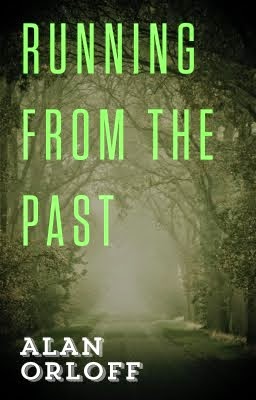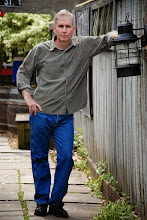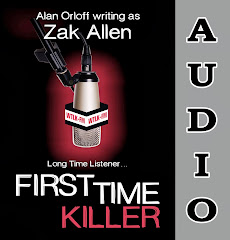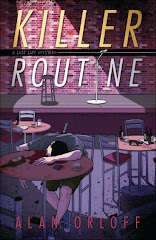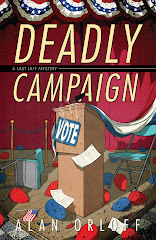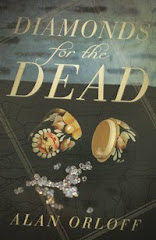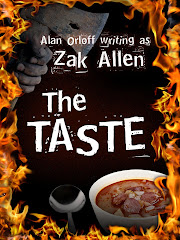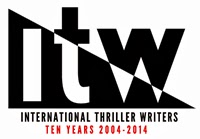Exposition – there’s no getting around the need to explain what’s going on at times in a story. Are you “gather them in the drawing room and have the sleuth lay it all out” type or how do you handle this?
“So Alan, you knowingly explain things for your readers in bold, brash exposition, right in the middle of your stories,” Oprah said, leaning in for the kill. “What is that?” 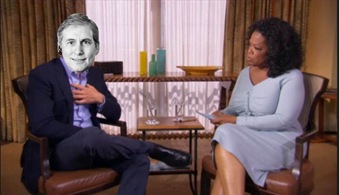
I swallowed and tried to put on my best game face. Deny or come clean? Or waffle? “Well, Oprah, I’m a storyteller, and I know it’s wrong to always simply explain things. It’s much better to place things in context, or to dole stuff out in small doses.” I paused. “Or even to sneak explanations into dialogue. I know too much exposition is wrong, but everyone does it. In fact, I don’t think I could have written those seven manuscripts without doing it.”
Oprah sat back, smug look on her face. “Yes, but what about your millions of fans? What about all those people who looked up to you, admiring you and your incredible achievements? Don’t you know that nobody likes exposition? Info dumps are boring. And frankly, they’re the mark of an amateur.”
Millions of fans? What was Oprah smoking? Sure, my family liked my stuff, but…I regrouped. “Oprah, I do my best, I honestly do. But sometimes there’s no other way. Sometimes you have no choice but to blatantly lay out what’s going on. I try to keep it short. I try to make it interesting. I try to come up with clever ways to make my readers take their medicine. I guess not everyone agrees with my methods. One thing I can promise: I’ll continue to strive to do better.”
She nodded, clearly not believing my latest line of B.S., then spoke earnestly to the camera. “We’ve got to take a break. When we return, we’ll really put our guest on the hotseat.” An aide rushed over to freshen Oprah’s make-up, while I sat there, alone with my thoughts.
I never was a fan of exposition. I preferred action, dialogue. You know, interesting stuff full of conflict. Not dull explanations that drag the narrative drive to a screeching halt. But at times, exposition was inevitable. So I did my best to slide it in without notice. Sometimes, I tried to slip some “story explanation” into my characters’ interior monologue. You know, have a character sit someplace, alone with his thoughts, recapping what’s going on in the story. Still, I often got the feeling that my efforts were clunky and transparent.
“And we’re back,” Oprah said, turning toward me. “America wants to know why you feel the need to hide behind passive and weak sentence construction. What do you say to those charges?”
I crossed my arms across my chest, in a vain attempt to keep my career from going down deeper in flames. “Mistakes have been made.”
(This entry is “simul-posted” on Criminal Minds.)

